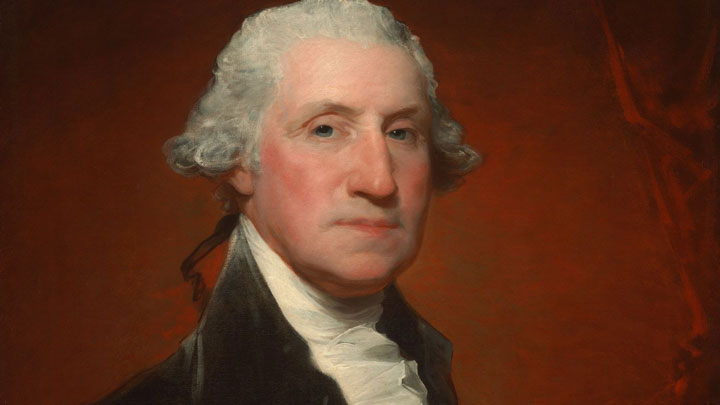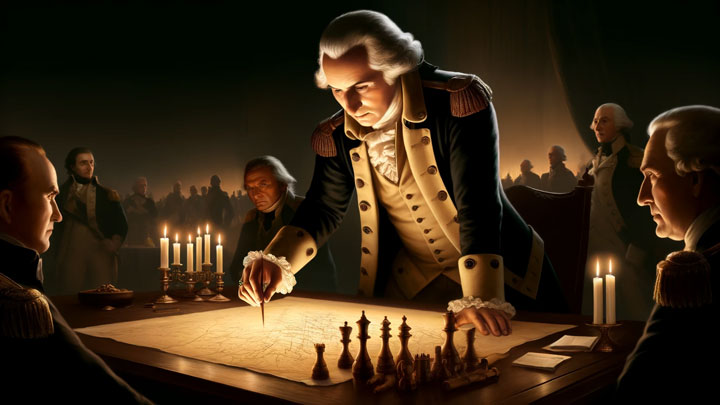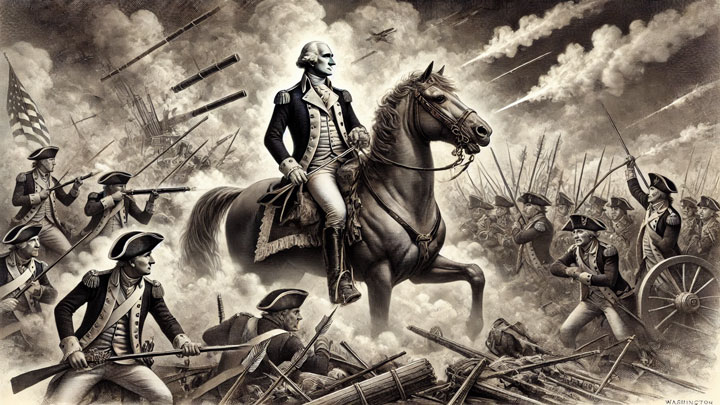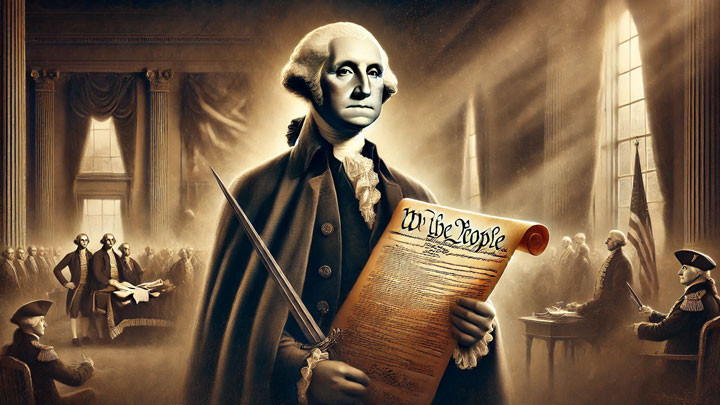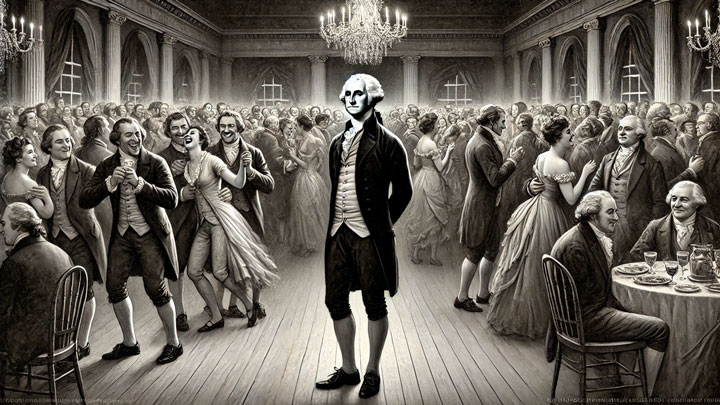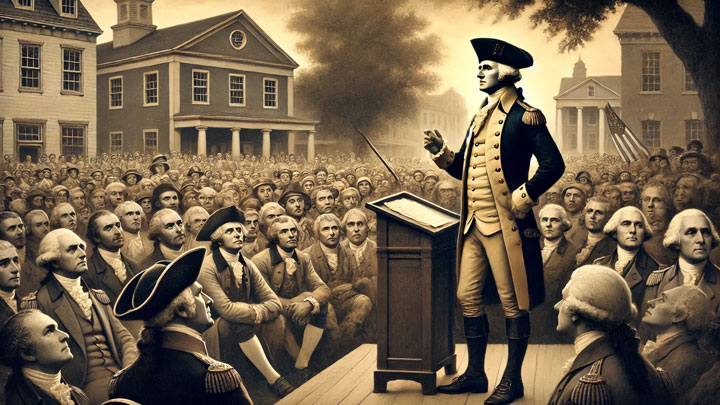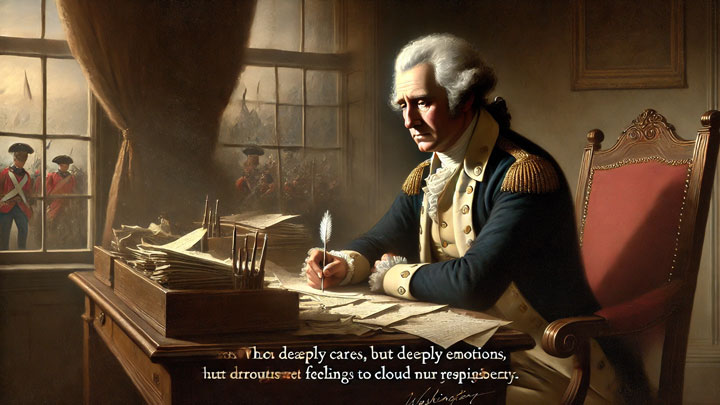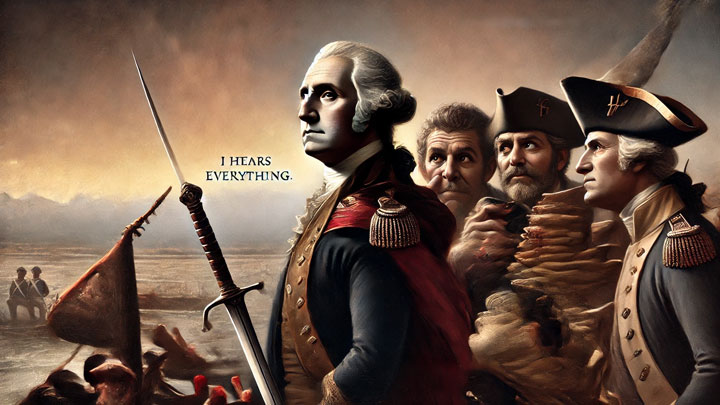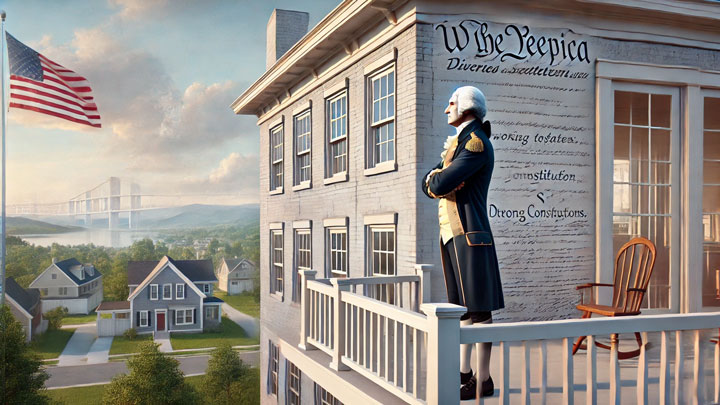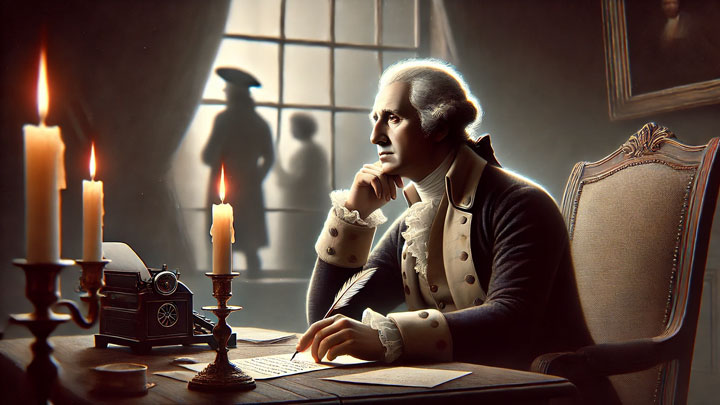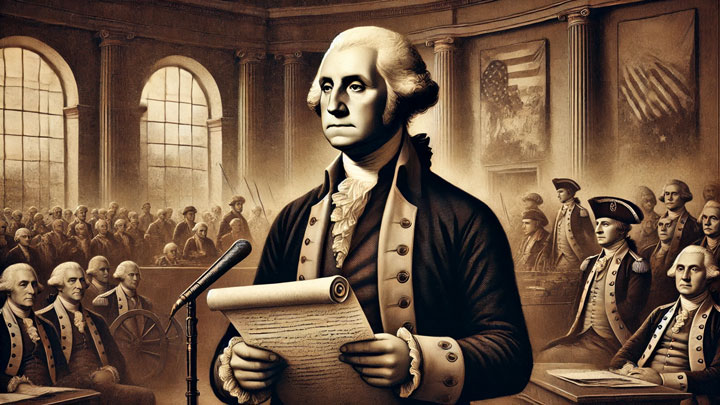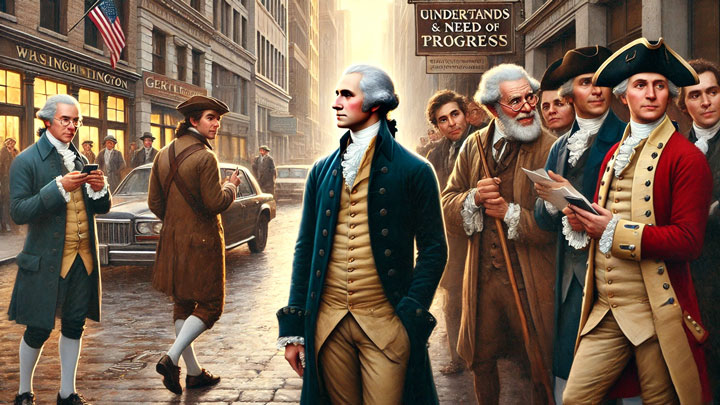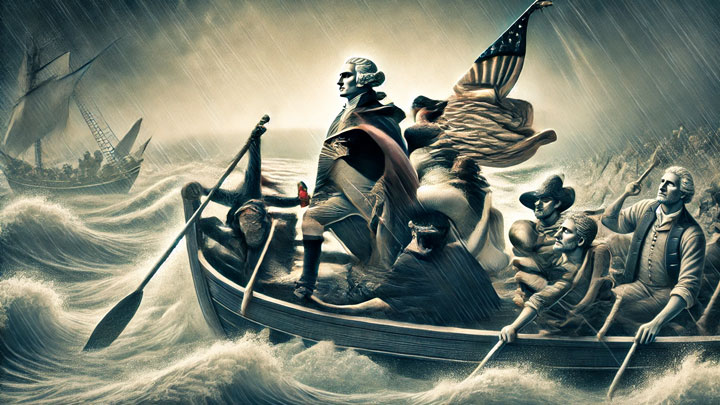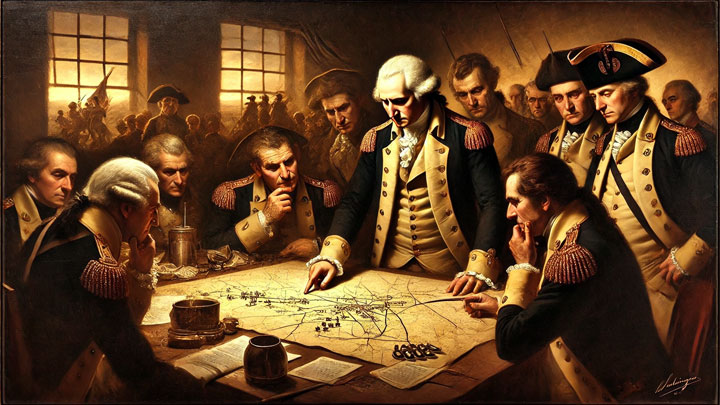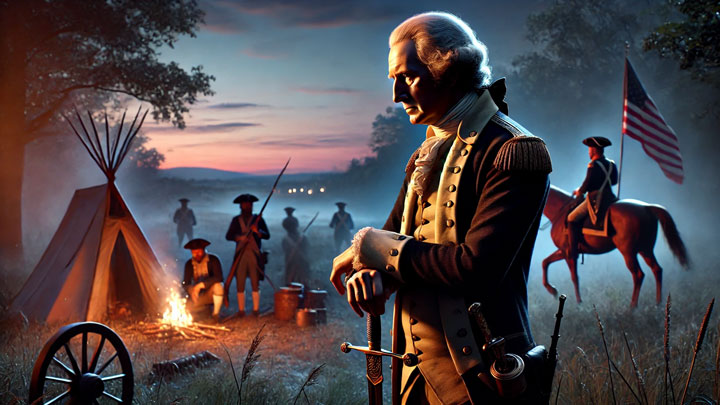George Washington’s emotional stability was one of his defining characteristics, allowing him to withstand the immense pressures of war, politics, and leadership without breaking. He was known for his unwavering composure, even in the most desperate and uncertain moments of the American Revolution and his presidency.
During the Revolutionary War, Washington faced countless hardships, including defeats, betrayals, shortages of supplies, and political infighting. Yet, unlike many leaders who crumbled under pressure, Washington remained calm, focused, and resolute, inspiring confidence among his troops. His ability to maintain morale during the harsh winter at Valley Forge, when his army was starving, poorly clothed, and on the brink of collapse, showcased his extraordinary emotional strength.
As the first President of the United States, Washington again demonstrated his ability to manage extreme pressure. He had no blueprint to follow—every decision he made set a precedent for future leaders. From navigating the deep political divisions between Federalists and Anti-Federalists to handling international conflicts, he consistently displayed measured judgment and emotional restraint. His Farewell Address, warning against partisan politics and foreign entanglements, reflected his ability to think rationally about long-term consequences rather than reacting emotionally to short-term pressures.
Unlike many leaders driven by ego or personal ambition, Washington’s emotional stability allowed him to prioritize the needs of the nation over his own desires. When he was unanimously elected president, he reluctantly accepted, viewing it as a duty rather than a privilege. Later, when he voluntarily stepped down after two terms, he set a critical democratic precedent, resisting the temptation of lifelong rule.
However, Washington’s emotional restraint also had drawbacks. He was often seen as stoic and emotionally distant, even among those closest to him. He did not easily display affection, frustration, or excitement, making him appear formal and unapproachable at times.
Overall, Washington’s emotional stability was extraordinarily high. His ability to stay composed under immense pressure, make level-headed decisions, and suppress personal emotions for the greater good was key to his military success, his presidency, and his long-lasting legacy.

